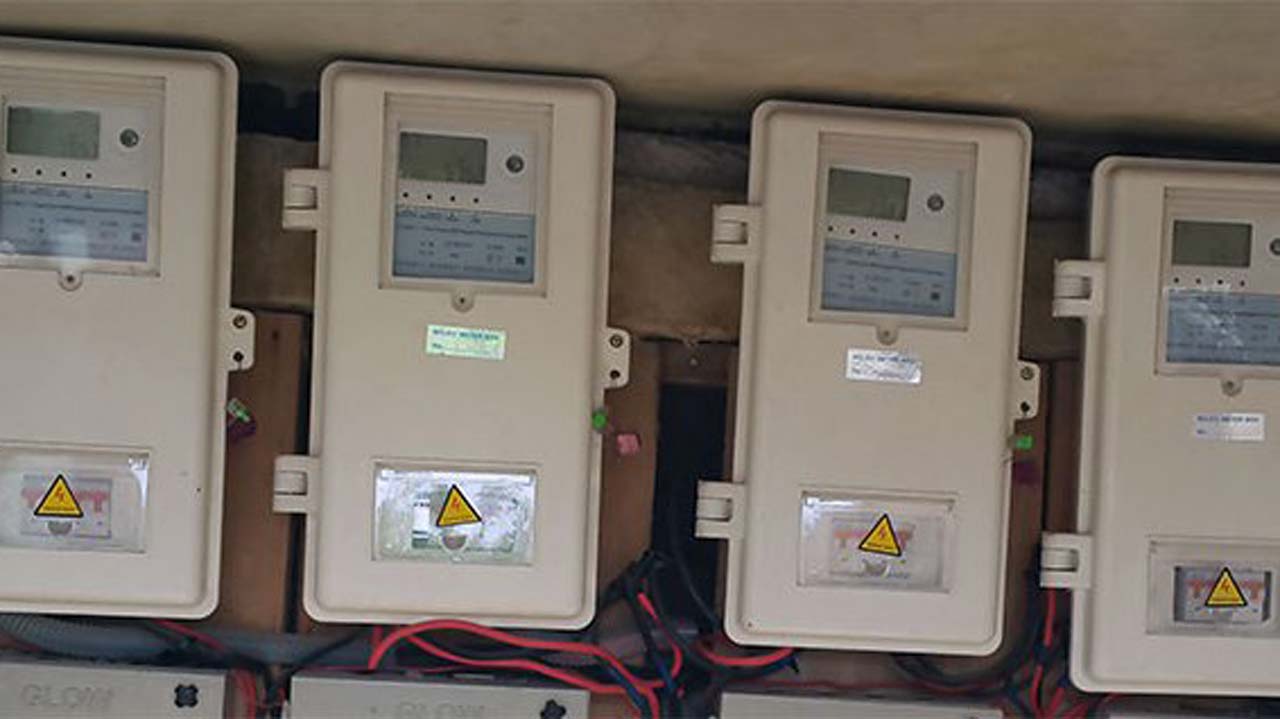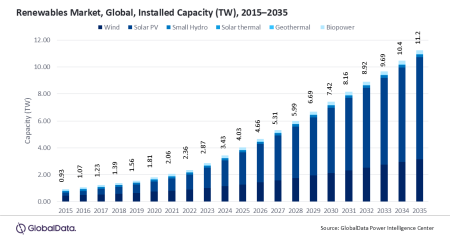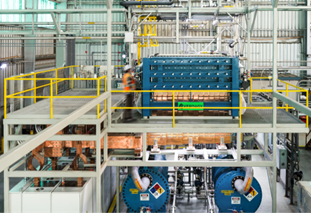
OpeOluwani Akintayo
Lagos — Following President Muhammadu Buhari’s approval of one year deferment of the 35 percent import levy on electricity meters to help improve Nigeria’s electricity meter deficit, the Electricity Meter Manufacturers Association of Nigeria, EMMAN has appealed to the Federal Government to review levies on imported finished electricity meters.
In a release on Wednesday, the group said reviewing the levies would further seal government’s decision to promote full local content in the manufacturing of pre-paid meters.
According to them, the directive to defer 35 percent import duties on importation of pre-paid meters is an incentive for mass importation of pre-paid meters as against upscaling of production capacity of made-in-Nigeria meters.
The local manufacturers alleged that they are not being patronised by Off-takers at the downstream of the power sector value chain because they are not prepared to cut corners, adding that they believe the presidential approval of tax deferment on importation of 3 million finished electricity meters would have a negative effects on the power sector.
The group argued that allowing such decision to run for a year would jeopardise government efforts at industrialising the country.
“The deferment might set back the development that was already on ground, dampen the hope of the local manufacturers as well as cripple the anticipated growth in the sector”, the group said in a release.
They advised government to encourage importers to set up factories so as to create a value chain that would provide employment opportunities to Nigerians.
It would be recalled that President Buhari had approved a one-year deferment of the 35 percent import adjustment tax (levy) imposed on fully built unit, FBU electricity meters HS Code 9028.30.00.00 under the 2019 fiscal policy measures for the implementation of Economic Community of West African States, ECOWAS common external tariff (CET) 2017 – 2022.
The approval for the adjustment followed a request by Zainab Ahmed, Minister of Finance, Budget and National Planning, to support the Nigerian Electricity Regulatory Commission, NERC roll out of 3million electricity meters under the Meter Asset Provider, MAP framework.
MAP regulation is a gradual upscaling of the patronage of local manufacturers of electricity meters with an initial minimum local content of 30 percent with the potential of significant job creation in the area of meter assembly, installation and maintenance.
Speaking as a member of the Original Equipment Manufacturer, OEM in the downstream of the power sector, Mr Kola Balogun, Chairman of Momas Electricity Meters Manufacturing Limited, MEMMCOL, said the 35 percent levy is the only protection that is available to manufacturers in the sector.
According to him, removal is an indication that the government is more disposed to favor importation to the detriment of local industry.
“The implication of this is that over 600million US dollars would be exported to China to import the approved 3million meters. This means we would further be developing another country’s economy and continue to increase unemployment, poverty and underdevelopment in our country.
“We are bold to emphatically say that we at MEMMCOL, have the local capability to bridge the metering gap if the right policy is put in place.
“This can be by way of financial intervention by the government whereby certain agreed percentage of the cost of meter supply would be advanced to us like the importers do with the Chinese and upon completion of installation balance payment would be made to us.
“We do not even mind to furnish a bank guarantee as our own commitment in such deal.”
He argued that the right thing government should do is to identify challenges facing local manufacturers and find a way to proffer solutions.
“For instance there is high tariff rates payable to import raw materials that are not readily available in the country, the duty payable on our raw materials ranges from five per cent per to 40 per cent plus other port charges”.
“These are like the ETLS of 0.5 per cent, CISS of one we cent, VAT of 7.5 per cent and surcharge of 7 per cent whereas it is a one-off payment of 10 per cent duty on the finished meters plus other port charges for Importers and we sell at the same regulated prices”.
“You will agree with me that this is not fair to the manufacturers given the amount of investments manufacturers put in place in terms of technology transfer, plant and machinery, human capital development through training and retraining, research and development,” he added.
According to him, high production cost is the major reason most of the industries the country had closed down, thereby making manufacturing not to be viable and encouraging.
Balogun suggested that the way forward was backward integration whereby government would categorise the key local players in the sector and other sectors of the economy according to their production processes by separating assemblers from manufacturers and issue certificates accordingly.
He listed the certificates to the include Semi Knock Down(SKD), Complete Knock Down(CKD ), Original Equipment Manufacturer(OEM) and Original Brand/Design Manufacturer(OBM/ODM)
The MEMMCOL boss said all the raw materials necessary to manufacture should be made to attract zero percent import tariff rate for OBM/OEM manufacturers while the relevant government offices should monitor the use of the gains from the import tariff policy to ensure that they plough it back into their investment.
This, he added, would develop the sector and the economy at large as well as encourage manufacturers of raw materials to set up their factories in the country as against importing.
“We wish to use this medium to advise the Federal Government to send its delegate to verify our capability and replicate this across all our various sectors so as to be well informed before taking industrial decisions,” Balogun said.
Mr. Kunle Olubiyo, President, Nigeria Consumer Protection Network also said there is an urgent need for Federal Government to put in place a very strict regime of sanctions against off-takers who have deliberately refused to accept indigenous technology and made-in-Nigeria pre-paid meters.
Olubiyo said the issues of customers centricity, customers satisfaction, value for money, customers behaviours, customers short changed, liquidity challenges and prospects for reasonable returns on investments amongst others were all linked to effective metering and closure of metering gaps .
“As important as the issue of metering is, there are other variables and extraneous factors that if not eradicated or boldly addressed once and for all, Nigerian Electricity Market will remained an elusive growth and a vicious circles of stagnation.
“As Electricity Consumers, we have taken our time to present our position to Federal Government of Nigeria in a five page document”.
“As a matter of fact, what we need now is a downward review of the presently discriminatory pricing of gas pricing methodology and disparity in the gas pricing business model with different pricing options for different Off-takers.
“Electricity consumers are increasingly being made to pay for fixed cost, padded cost , Over bloated indexes of hyper inflated cost of production of each Units of electricity measured in kilowatt hour etc ,” Olubiyo said, adding that with a political will and sincerity of purposes, Nigerian government could change the narratives and make Nigeria great again.



